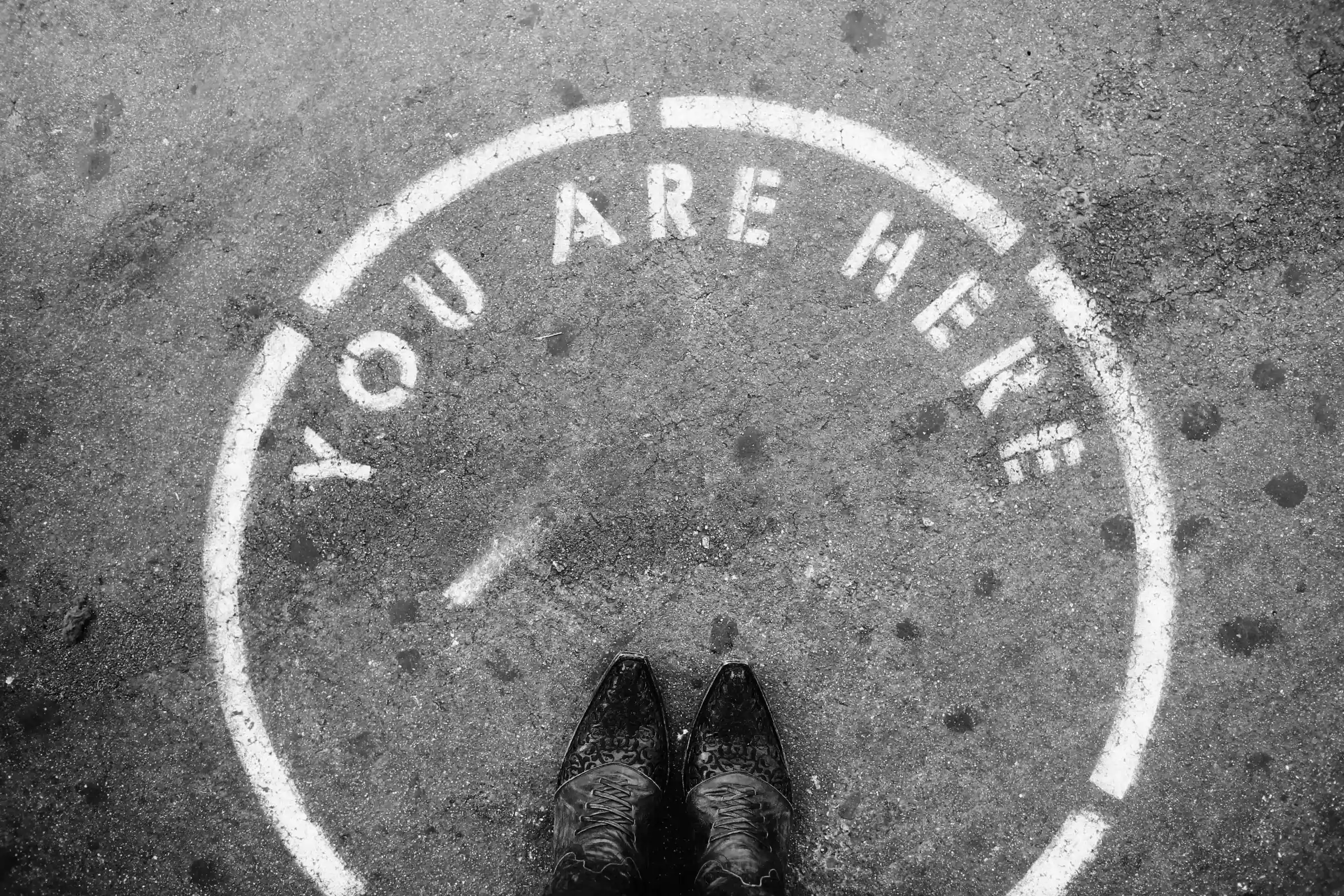In a world shifting towards remote work, more people are experiencing what it means to balance a fulfilling personal life with a productive professional life. And, while the majority of travel came to a standstill over the past couple of years, travel rates are slowly beginning to return to pre-pandemic levels, with 1 in 4 of remote workers indicating that they have taken advantage of the flexibility in their office-free lifestyle to take an extended trip.
With all of that being said, traveling for pleasure’s sake while having a full-time remote role comes with its own set of challenges. It can be difficult to balance the inherent demands of traveling, your own personal and mental health, and the responsibilities of your job.
I speak from experience on this topic: I’ve been with Designlab for almost four years, and have been globetrotting the entire time. Since I started, I’ve lived on every continent (except the really cold one), haven’t stayed anywhere for longer than a few months, and have worked across the timezone spectrum (from GMT-8 to GMT+9!).
It’s been a lot of fun but not without its lessons. In this blog, you’ll find 10 things to look for while plotting your journey to ensure you succeed—enjoy yourself while doing it!
1. Fast WiFi
This may seem obvious, but I highly recommend explicitly asking the owner/manager of wherever you plan on staying during your travels about the WiFi speed (and its stability, if this seems suspect to you!). When in doubt, ask for a download speed test.
Airbnb recently added the ability for hosts to show their download speed on the listing under a year ago.
Tip: Sometimes, despite your best efforts, there may be some days where you need to source your own internet. This might mean packing up for the day to work at a local coffee shop, or using a versatile hotspot.
2. Comfortable Living Quarters
I believe one of the most critical elements to doing well at work and enjoying your personal life is to find a comfortable living environment. Space is key in my mind; ideally, you have a dedicated space for your work setup everywhere you stay!
I’d strongly advise against working from a hostel or other crowded, shared space, unless you know this is particularly okay for you.
Tip: You can find short- and long-term rentals on sites like Airbnb, VRBO, or country-specific sites like the UK’s Rightmove.
3. Keep Work and Play Separate
Since there’s no clear separation between office and home when working remotely, it’s disturbingly easy to work from morning into the evening hours (repeat ad nauseum).
Separating your work from your personal life when on the road might look means different things to different people, but some examples are:
- Giving yourself specific working hours (and sticking to them)
- Taking time during the day to enjoy wherever you’ve traveled to
- Communicating clear boundaries to colleagues
- Setting availability on your work calendar to ensure you’re not using your flexibility to over-commit to work
4. Utilize Smart Booking Practices
Traveling full-time can be quite expensive, and wreak havoc on your budget. Not only are there often additional fees attached to flights and other purchases, but you’re often paying a premium as a short-term renter.
- To reduce the overall expenses associated with travel, you can:
- Think ahead, to plan your journeys in alignment with lower-cost travel seasons
- Negotiating wherever possible (you’d be surprised at how easy it is to negotiate by simply calling front desks or messaging Airbnb hosts)
- Subscribe to deal finders, like Scott’s Cheap Flights
5. Roll With the Punches
Life rarely goes as planned, and this includes travel!
Recognizing everything won’t go as planned will help you have a positive attitude towards the hiccups that inevitably come up while traveling. I’ve been stuck in planes, without promised wifi in the mountains, found myself snowed-in, in a canyon… take joy in the journey!
Tip: Add pockets of buffer time to your calendar on travel days, to help alleviate stress and anxiety when things go awry.
6. Know Yourself
We’re all different and many of the tips I share here may not work for you or need to be adapted. The most important thing to do while traveling is reflect on what you need in order to be in a headspace that will allow you to have fun in life and do well at work.
If you’re traveling with a friend or partner, this might mean coordinating your work schedules so that you find the right balance between spending time together, having enough focus time at work, and being able to fully unwind on a regular basis.
7. Less Is More
This one is highly context-specific, but when traveling and working at the same time, I’ve found that it is often nice to spend more time in fewer places than less time in more places.
Although, perhaps the nature of your travel is to knock out all of Western Europe in the summer to learn where you want to settle down in autumn!
8. Establish Your “Why”
I have found it helpful to define why I’m traveling to a certain destination and what I hope to get out of it (especially when solo traveling, which is what I do most of the time).
It is easy to get lonely, have difficult days and nights, and ask yourself, “Why did I come all the way over here and spend all this money?”
Defining why beforehand helps remind you what you set out to do, and find the motivation to get back to doing it!
9. Make Sure Food Is Nearby!
There are times when you may find yourself in a food desert, with no grocery store nearby and no way to grab a quick bite to eat. This is especially a problem when you don’t have a car (often the case for longer-term international travel). Be mindful of this and make sure you have at least one quick option or a plan!
10. Your Circadian Rhythm
Potentially the most important item in this list: it’s crucial for you to be mindful of what your schedule and life are going to look like against your work calendar.
Here’s an example: if your company is aligned across the Eastern Standard Time Zone and tends to schedule meetings in the afternoon, life looks very different when you’re living in Europe versus the West Coast of the United States.
In this scenario, you would end up spending your European days out and about, but spend the latter half and evening on calls and meetings with your team. But if you travel to the West Coast of the United States, you would be expected to be in the chair early, but have the rest of the day to yourself.
How Do You Plan On Traveling and Working Full-Time?
What works best for you? Only you can decide! If you take anything away from this, be intentional and kind to yourself, and make sure to have fun along the way!
Interested in working remotely? Here are a few more resources for you:
- 17 Digital Nomad Hacks for Remote Work on the Road
- Where to Find Remote UX Design Jobs
- Designlab is fully remote—see our latest job openings here



.svg)










.webp)



